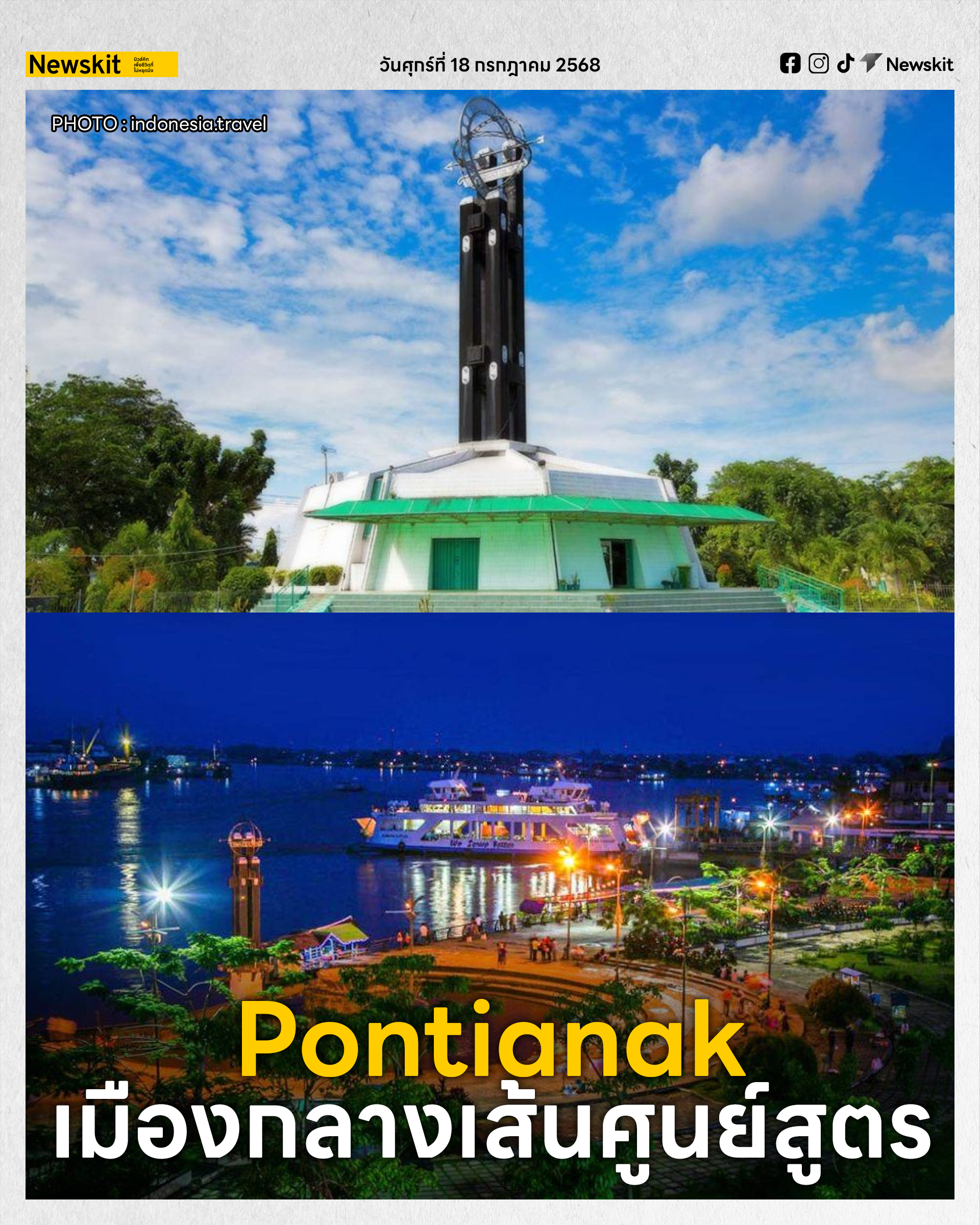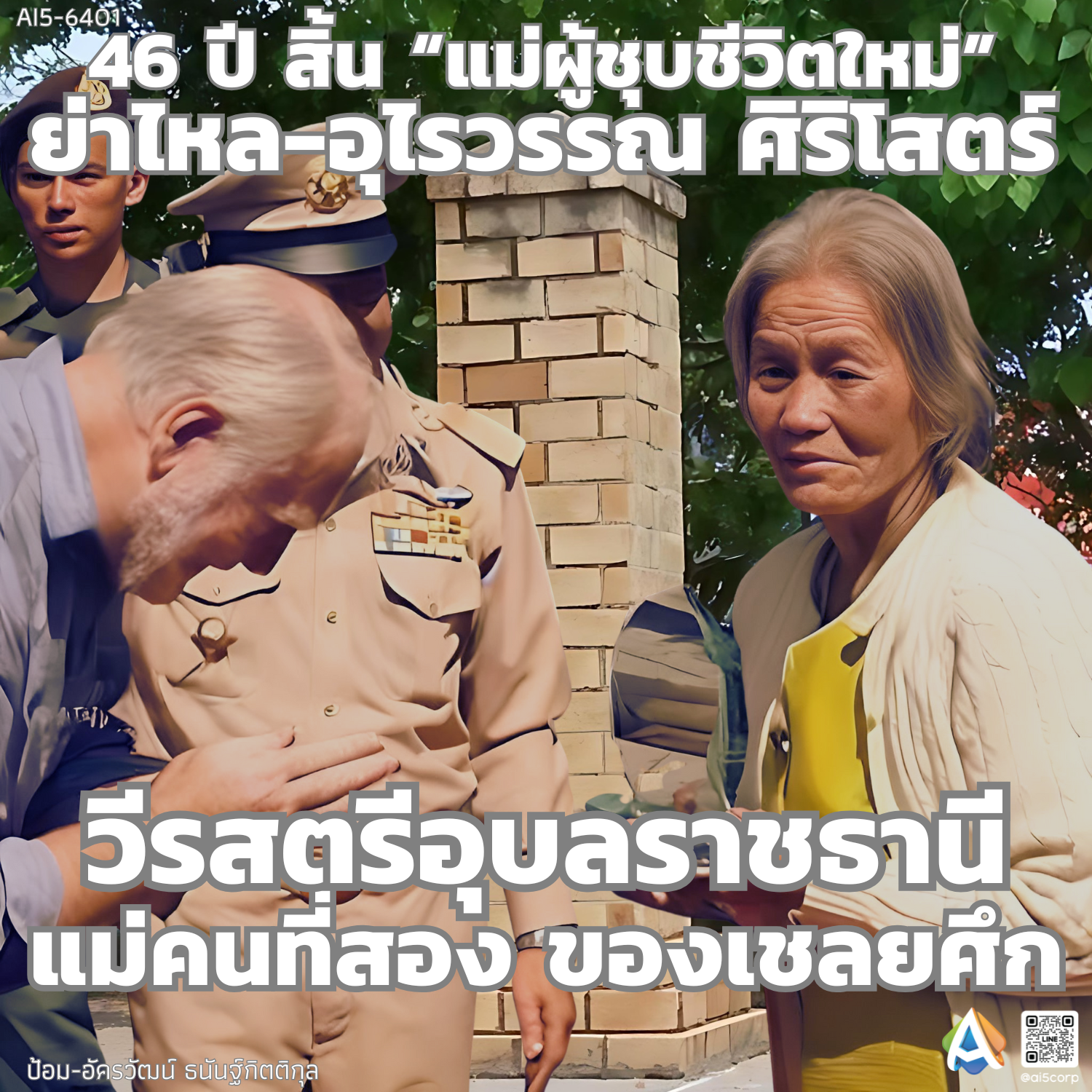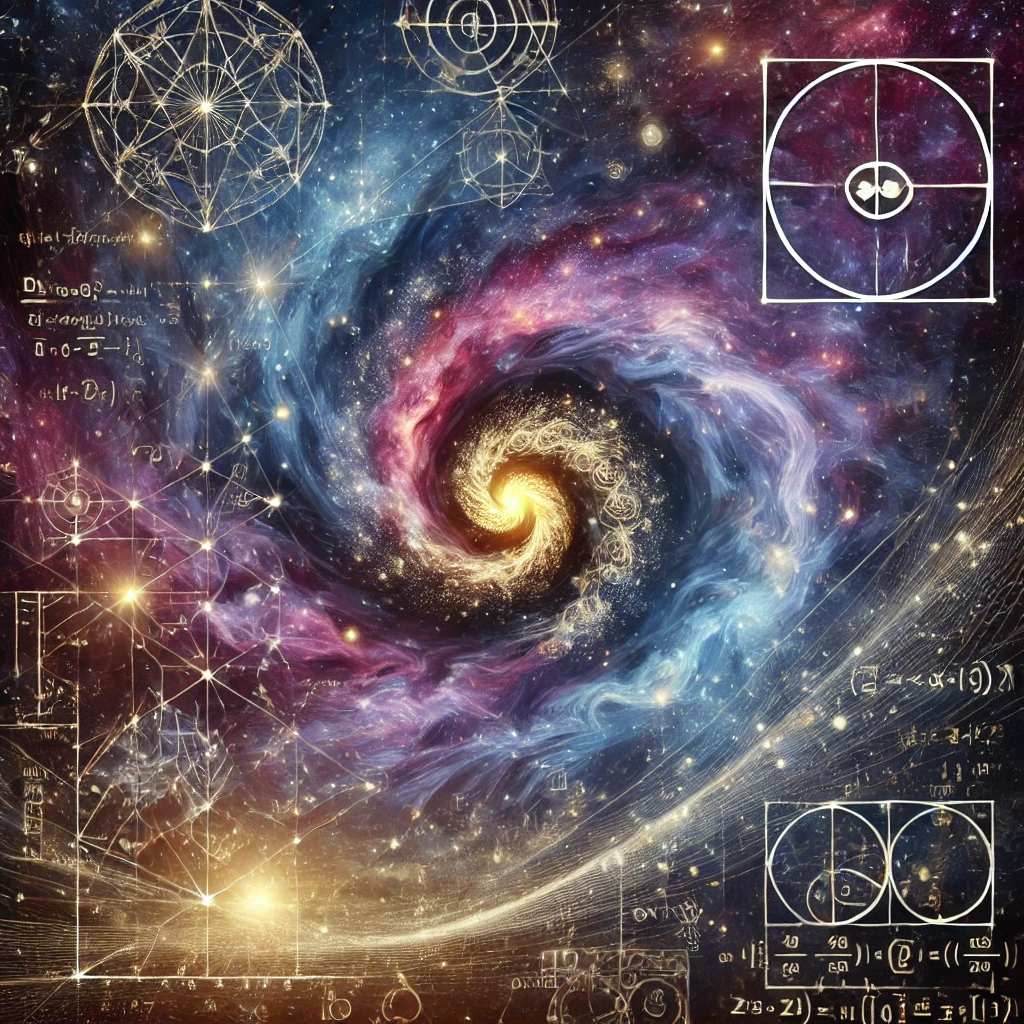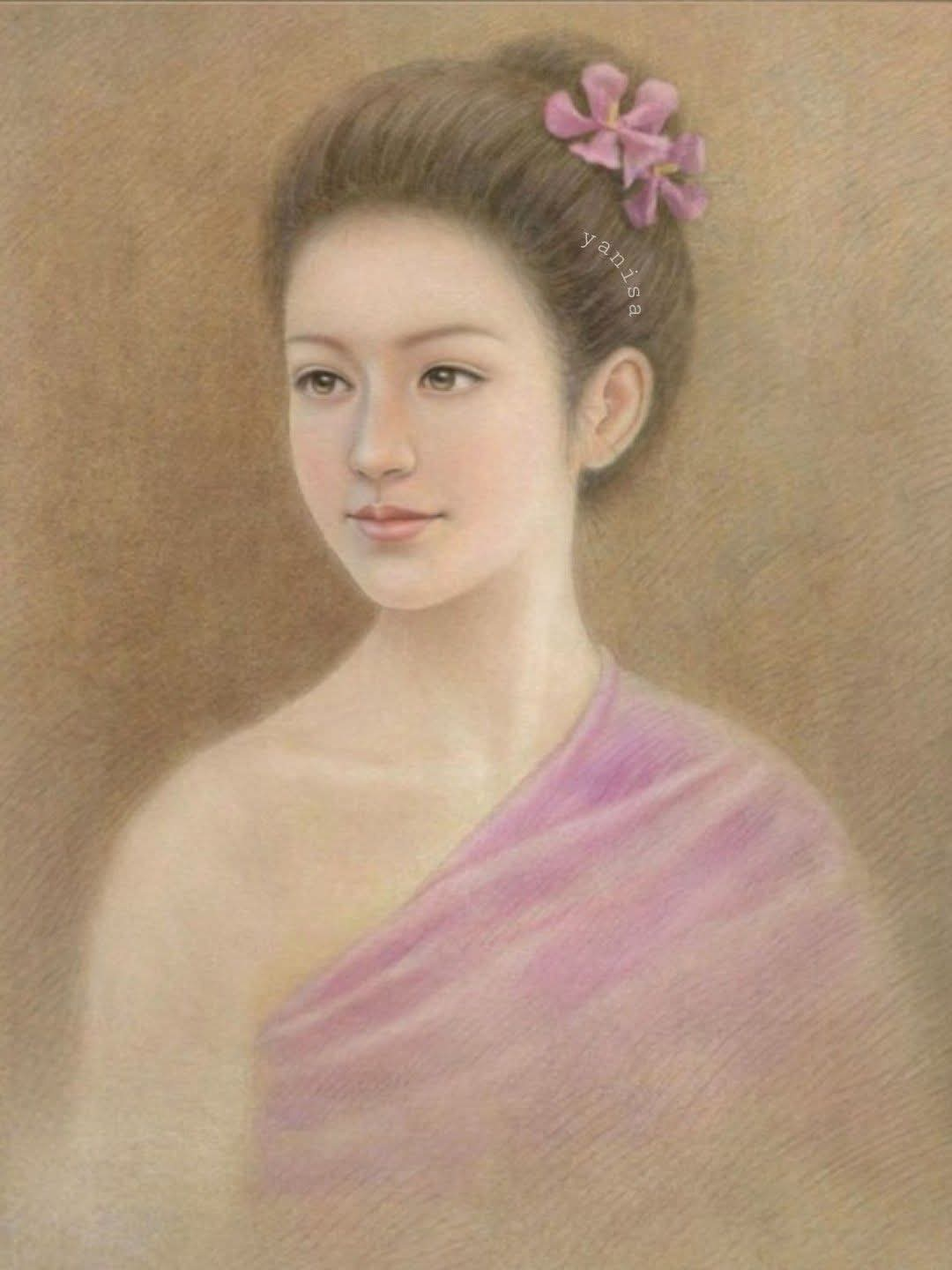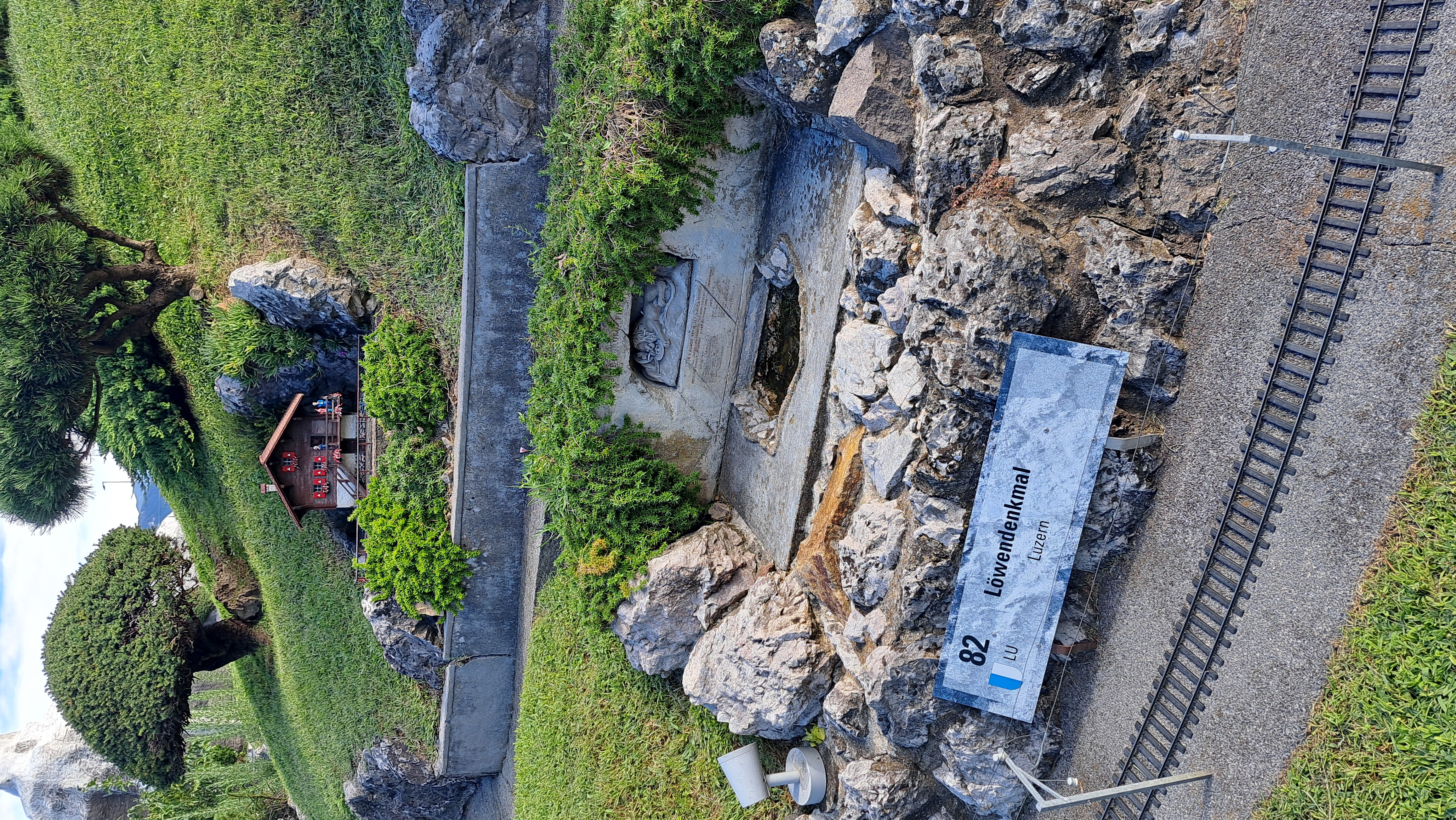“Disaster” Synonyms For When Things Don’t Go As Planned
Most of the time, we like to keep things positive around here and provide you with plenty of inspiring, motivational words to brighten up your day. This … this is not that list.
Are you done setting intentions? Are you through repeating mantras into the mirror? Do you just need a perfectly wretched word to capture what’s not working right now? Then this is the list for you. We’ve traveled through hell and goat rodeos to bring you the words that will describe the snafus and fiascos of your life or the world around you.
If your desperate times call for desperate words, here are 20 provocative synonyms for the word disaster and some example sentences to inspire use.
apocalypse
We begin our list with a disaster of Biblical proportions. The word apocalypse originally comes from the Greek apokálypsis, meaning “revelation.” Since at least the 1100s, the word apocalypse has been used to refer to the Book of Revelation in the Christian Bible, which tells how the world will be nearly destroyed when good finally defeats evil. Today, the word apocalypse is often used generally (and ominously) to refer to a doomsday-level scenario.
Example: You’d think, by the mess in the kitchen, that we were witnessing a true apocalypse.
bloodbath
The word bloodbath is often used to describe violent slaughters or massacres. The word creates the mental image of a carnage so intense that someone could take a bath in the spilled blood. Figuratively, though, bloodbath is used to describe disastrous events or severe instances of bad fortune. While this word came to English in the 1800s, a similar term, blodbad (literally “bath in blood”), was recorded in the 1500s in Swedish.
Example: If our star player can’t play, the opening game is going to be a bloodbath.
cataclysm
Cataclysm is a word so disastrous that it rocks the entire Earth to its core. The word cataclysm means “a violent upheaval” and is used in geography to refer to violent events that manage to alter the surface of Earth. This is the word you need if you want to literally or figuratively describe something as earth-shaking.
Example: Barring an unforeseen cataclysm, this family is finally going on vacation this summer.
fiasco
The word fiasco means “a complete and ignominious failure” and has a bit of a strange history. Fiasco is an Italian word that literally translates to “bottle,” and it is related to the word flask. The English meaning of “failure” comes from the Italian idiom fare fiasco which means “to fail” (though it literally translates to “make a bottle”).
Example: My spouse somehow managed to salvage the dessert fiasco I haphazardly concocted.
bouleversement
We go from a strange Italian word to an even stranger (or at least longer) French one. The word bouleversement means “an overturning” or “turmoil.” This is the one you want if you really need to bring out the twenty-dollar word.
Example: The rebel leader said that the country would emerge from the bouleversement stronger than it had ever been.
calamity
Get the tissues ready, because our next word is calamity. Calamity is a synonym of disaster, but it indicates that a horrific event specifically caused misery and lots of tears—so, like a dentist appointment?
Example: I’ve been beset with calamity after calamity since the pandemic started, and I’m losing it.
catastrophe
Catastrophe is a synonym that can highlight the destruction and loss brought about by a tremendous event. If nothing is left standing or a disaster will continue to cause pain and suffering for the foreseeable future, we might label it a catastrophe.
Example: Did you see the bathroom after the pipe burst? What a catastrophe!
pandemonium
Things have gone to hell in a hand basket thanks to our next word: pandemonium. Pandemonium refers to a wild state of disorder, noise, and chaos. This disastrous word actually comes from Pandaemonium, the name that John Milton used for the capital of hell in Paradise Lost.
Example: The muddy dogs tore through the living room, knocking over two lamps, and pandemonium ensued.
debacle
The word debacle is one of several that implies a failure was caused by failure or incompetence, especially ones that result from disorganization. Its original meaning in the 1800s, however, referred to a “breaking up of ice in a river” or rush of water “which breaks down opposing barriers, and carries before it blocks of stone and other debris.” That does sound like a mess.
Example: With half the students out sick, the class performance devolved into a total debacle.
blunder
The word blunder is a synonym of the word mistake and is often used to describe an error resulting from severe incompetence or stupidity. Unlike most of the other words on this list, blunder can also be used as a verb (“to make a careless or stupid mistake”).
Example: The clumsy waiter spilled wine on the mayor and was later fired for this horrible blunder.
epic fail
LOL! The slang term epic fail is used to describe particularly humiliating mistakes. Our disastrous list of words has been bad so far, but epic fail might just be the worst of the bunch. Why? Because this is the phrase to use when that embarrassing mistake has been broadcast on social media! (And once that happens, only an especially clever cat meme can save you.)
Example: ROFL My brother just fell into the pool!
#epicfail
meltdown
With our next word, our disaster has just gone nuclear. Meltdown is a word used to refer to severe nuclear reactor accidents. It’s figuratively used to describe sudden situations that quickly spiral out of control.
Example: The guitarist’s meltdown surprised no one, given tensions have been high between band members.
kick in the teeth
Ouch! The idiom kick in the teeth refers to a sudden and humiliating setback. Why a kick? In the English language, slang phrases like kick in the head and kick in the pants rely on the image of a kick (instead of punches) to describe particularly humiliating blows.
Example: The terrible reviews were a real kick in the teeth for the young Broadway star.
goat rodeo
Giddyup, cowboys and cowgirls, because it’s time to wrangle some … goats? Goat rodeo is an example of one of several goat-related slang terms for monumental screwups. A relatively new term from the 2000s, it creates a good mental image of a wild rodeo full of screaming goats. You may have heard the term goat-roping (used similarly) and other more obscene versions, but goat rodeo is considered the most extreme of all. We repeat, a goat rodeo is as disastrous as a situation can get.
Example: This is no concert. It’s a goat rodeo of drunk performers and technical difficulties!
dog’s breakfast
This list has really gone to the dogs. The slang term dog’s breakfast, mainly used in Canada and the UK, describes a confused, disorderly mess. The phrase most likely refers to the fact that many dogs will eat pretty much anything you put in front of them. In any case, dog’s breakfast is a fun word to use when everything has gone to “Shih Tzu.”
Example: The drive was an absolute dog’s breakfast. We arrived two hours late after being stuck in traffic and getting lost.
disarray
Disarray describes a situation that is especially chaotic, disorganized, or marred by confusion. Disarray is a word you can use when you’ve got a disorderly mess or a comedy of errors on your hands.
Example: Hyped up on cake and sugar, the children left the room in a state of total disarray.
turmoil
Turmoil is another word to convey that you’re in the midst of great confusion or disorder. Fittingly, we are not actually sure where this verb-turned-noun originates from.
Example: Without enough employees to cover the day’s shift, the company was thrown into turmoil.
dumpster fire
The slang term dumpster fire means something is so disastrously bad it is beyond all hope of saving. Often, the dumpster fire is result of terribly bad decisions or extraordinary levels of incompetence. It’s best to stay the heck away from a dumpster fire because, as its name implies, it is likely to just keep getting worse.
Example: The movie was a complete dumpster fire that didn’t get a single positive review.
shitshow
The not-very-nice word shitshow is used to describe essentially the same situation as a dumpster fire: a mess that is completely unsalvageable. To go the extra mile, shitshow throws in a swear word to capture the magnitude of a truly unbelievable disaster.
Example: Last year was a real shitshow but I’m hoping things turn around soon.
snafu and fubar
It might be time for reinforcements. Snafu and fubar are two abbreviations that can be traced back to military jargon and have some … colorful meanings. Snafu stands for “situation normal: all f–ed up” and fubar stands for “f–ed up beyond all reason.” Now fix the disaster, cadet, and then drop and give us twenty!
Example: The trip started with a series of major snafus, like when the luggage arrived in the wrong city.
Copyright 2024, XAKKHRA, All Rights Reserved.
“Disaster” Synonyms For When Things Don’t Go As Planned
Most of the time, we like to keep things positive around here and provide you with plenty of inspiring, motivational words to brighten up your day. This … this is not that list.
Are you done setting intentions? Are you through repeating mantras into the mirror? Do you just need a perfectly wretched word to capture what’s not working right now? Then this is the list for you. We’ve traveled through hell and goat rodeos to bring you the words that will describe the snafus and fiascos of your life or the world around you.
If your desperate times call for desperate words, here are 20 provocative synonyms for the word disaster and some example sentences to inspire use.
apocalypse
We begin our list with a disaster of Biblical proportions. The word apocalypse originally comes from the Greek apokálypsis, meaning “revelation.” Since at least the 1100s, the word apocalypse has been used to refer to the Book of Revelation in the Christian Bible, which tells how the world will be nearly destroyed when good finally defeats evil. Today, the word apocalypse is often used generally (and ominously) to refer to a doomsday-level scenario.
Example: You’d think, by the mess in the kitchen, that we were witnessing a true apocalypse.
bloodbath
The word bloodbath is often used to describe violent slaughters or massacres. The word creates the mental image of a carnage so intense that someone could take a bath in the spilled blood. Figuratively, though, bloodbath is used to describe disastrous events or severe instances of bad fortune. While this word came to English in the 1800s, a similar term, blodbad (literally “bath in blood”), was recorded in the 1500s in Swedish.
Example: If our star player can’t play, the opening game is going to be a bloodbath.
cataclysm
Cataclysm is a word so disastrous that it rocks the entire Earth to its core. The word cataclysm means “a violent upheaval” and is used in geography to refer to violent events that manage to alter the surface of Earth. This is the word you need if you want to literally or figuratively describe something as earth-shaking.
Example: Barring an unforeseen cataclysm, this family is finally going on vacation this summer.
fiasco
The word fiasco means “a complete and ignominious failure” and has a bit of a strange history. Fiasco is an Italian word that literally translates to “bottle,” and it is related to the word flask. The English meaning of “failure” comes from the Italian idiom fare fiasco which means “to fail” (though it literally translates to “make a bottle”).
Example: My spouse somehow managed to salvage the dessert fiasco I haphazardly concocted.
bouleversement
We go from a strange Italian word to an even stranger (or at least longer) French one. The word bouleversement means “an overturning” or “turmoil.” This is the one you want if you really need to bring out the twenty-dollar word.
Example: The rebel leader said that the country would emerge from the bouleversement stronger than it had ever been.
calamity
Get the tissues ready, because our next word is calamity. Calamity is a synonym of disaster, but it indicates that a horrific event specifically caused misery and lots of tears—so, like a dentist appointment?
Example: I’ve been beset with calamity after calamity since the pandemic started, and I’m losing it.
catastrophe
Catastrophe is a synonym that can highlight the destruction and loss brought about by a tremendous event. If nothing is left standing or a disaster will continue to cause pain and suffering for the foreseeable future, we might label it a catastrophe.
Example: Did you see the bathroom after the pipe burst? What a catastrophe!
pandemonium
Things have gone to hell in a hand basket thanks to our next word: pandemonium. Pandemonium refers to a wild state of disorder, noise, and chaos. This disastrous word actually comes from Pandaemonium, the name that John Milton used for the capital of hell in Paradise Lost.
Example: The muddy dogs tore through the living room, knocking over two lamps, and pandemonium ensued.
debacle
The word debacle is one of several that implies a failure was caused by failure or incompetence, especially ones that result from disorganization. Its original meaning in the 1800s, however, referred to a “breaking up of ice in a river” or rush of water “which breaks down opposing barriers, and carries before it blocks of stone and other debris.” That does sound like a mess.
Example: With half the students out sick, the class performance devolved into a total debacle.
blunder
The word blunder is a synonym of the word mistake and is often used to describe an error resulting from severe incompetence or stupidity. Unlike most of the other words on this list, blunder can also be used as a verb (“to make a careless or stupid mistake”).
Example: The clumsy waiter spilled wine on the mayor and was later fired for this horrible blunder.
epic fail
LOL! The slang term epic fail is used to describe particularly humiliating mistakes. Our disastrous list of words has been bad so far, but epic fail might just be the worst of the bunch. Why? Because this is the phrase to use when that embarrassing mistake has been broadcast on social media! (And once that happens, only an especially clever cat meme can save you.)
Example: ROFL My brother just fell into the pool! #epicfail
meltdown
With our next word, our disaster has just gone nuclear. Meltdown is a word used to refer to severe nuclear reactor accidents. It’s figuratively used to describe sudden situations that quickly spiral out of control.
Example: The guitarist’s meltdown surprised no one, given tensions have been high between band members.
kick in the teeth
Ouch! The idiom kick in the teeth refers to a sudden and humiliating setback. Why a kick? In the English language, slang phrases like kick in the head and kick in the pants rely on the image of a kick (instead of punches) to describe particularly humiliating blows.
Example: The terrible reviews were a real kick in the teeth for the young Broadway star.
goat rodeo
Giddyup, cowboys and cowgirls, because it’s time to wrangle some … goats? Goat rodeo is an example of one of several goat-related slang terms for monumental screwups. A relatively new term from the 2000s, it creates a good mental image of a wild rodeo full of screaming goats. You may have heard the term goat-roping (used similarly) and other more obscene versions, but goat rodeo is considered the most extreme of all. We repeat, a goat rodeo is as disastrous as a situation can get.
Example: This is no concert. It’s a goat rodeo of drunk performers and technical difficulties!
dog’s breakfast
This list has really gone to the dogs. The slang term dog’s breakfast, mainly used in Canada and the UK, describes a confused, disorderly mess. The phrase most likely refers to the fact that many dogs will eat pretty much anything you put in front of them. In any case, dog’s breakfast is a fun word to use when everything has gone to “Shih Tzu.”
Example: The drive was an absolute dog’s breakfast. We arrived two hours late after being stuck in traffic and getting lost.
disarray
Disarray describes a situation that is especially chaotic, disorganized, or marred by confusion. Disarray is a word you can use when you’ve got a disorderly mess or a comedy of errors on your hands.
Example: Hyped up on cake and sugar, the children left the room in a state of total disarray.
turmoil
Turmoil is another word to convey that you’re in the midst of great confusion or disorder. Fittingly, we are not actually sure where this verb-turned-noun originates from.
Example: Without enough employees to cover the day’s shift, the company was thrown into turmoil.
dumpster fire
The slang term dumpster fire means something is so disastrously bad it is beyond all hope of saving. Often, the dumpster fire is result of terribly bad decisions or extraordinary levels of incompetence. It’s best to stay the heck away from a dumpster fire because, as its name implies, it is likely to just keep getting worse.
Example: The movie was a complete dumpster fire that didn’t get a single positive review.
shitshow
The not-very-nice word shitshow is used to describe essentially the same situation as a dumpster fire: a mess that is completely unsalvageable. To go the extra mile, shitshow throws in a swear word to capture the magnitude of a truly unbelievable disaster.
Example: Last year was a real shitshow but I’m hoping things turn around soon.
snafu and fubar
It might be time for reinforcements. Snafu and fubar are two abbreviations that can be traced back to military jargon and have some … colorful meanings. Snafu stands for “situation normal: all f–ed up” and fubar stands for “f–ed up beyond all reason.” Now fix the disaster, cadet, and then drop and give us twenty!
Example: The trip started with a series of major snafus, like when the luggage arrived in the wrong city.
Copyright 2024, XAKKHRA, All Rights Reserved.






